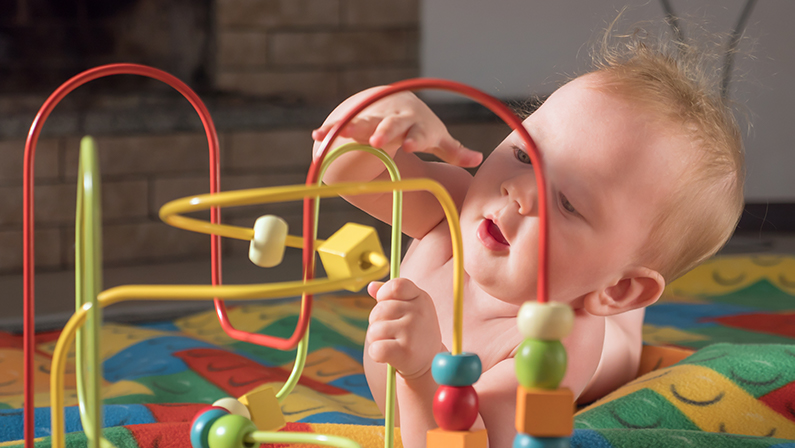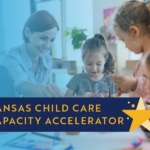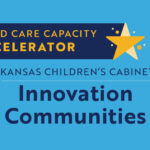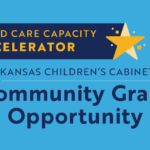The first 1,000 days
Research tells us the first 1,000 days of a child’s life, from birth to age three, are the most critical for brain development.
More than a million neural connections a second are forming during this miraculous time. Long before we think they’re paying attention, babies are building their social-emotional, physical, and cognitive futures by mimicking ours. Every environment they are exposed to is a learning environment, for better or worse. We know that the quality of interactions a child has in their first 1,000 days impacts the rest of their lives.
If both parents work, a child can spend 8-10 hours a day in child care. Parents want a safe, reliable, and engaging place for their children during these hours so they can report to work without worry.
We notice if the place looks clean.
We check out things like childproofing, hours of operation, and maybe the lunch schedule.
But we don’t always think about the provider’s training in developmentally-appropriate play.
And, for all the parents who find the perfect placement for their child, too many are left without options due to prohibitive costs, lack of available space for their child, or the need for non-traditional care.
Difficulties finding child care for children with special health care needs, infants and toddlers, or non-traditional work hours are just a few of the problems that leave parents in a bind.
To provide a high-quality educational environment for young children requires training, but low wages and lack of benefits mean it is extremely difficult to recruit people to the profession. Retail and hospitality industry workers often make more than most child care providers, without the stress and responsibility to properly mold and shape young minds. Barriers to acquiring the appropriate early childhood credentials include cost, remote geography, time constraints, and lack of a clearly identifiable pathway.
Our 2019 Needs Assessment documented the challenges of recruitment and retention to the early childhood profession in Kansas. To ensure we are providing the highest quality early learning opportunities for all children, it is high time we shift our approach to this sector. Child care is a public good because it is such a critical piece of our economic infrastructure. We must treat it as such.
The work of our All In For Kansas Kids Strategic Plan is ongoing, and we are committed to transformational change. We are embarking on year two of our three-year Preschool Development Grant Birth – 5 (renewal) activities. Work is underway to ensure we are using this one-time funding to reorient our early childhood care and education system to be better and stronger than it was pre-pandemic. Collaboration among state agencies has led to coordinated, federally-funded COVID relief efforts. Given the deadlines for spending these emergency relief dollars, we too have a critical period of approximately 1,000 days to make a significant difference.
We are working to ensure families have an easier time navigating the array of programs and services because we want every child to have the best possible start to life.





